Understanding Hygiene: A Foundation of Health
Hygiene is a crucial aspect of maintaining health and preventing disease. It encompasses a wide range of conditions and practices that promote cleanliness, from personal habits to public health measures. By understanding and implementing effective hygiene practices, individuals can significantly enhance their well-being and reduce the risk of illness. In this extensive guide, we will explore the various dimensions of hygiene, its importance, and practical ways to integrate it into daily life. Through a focus on hygiene, we can create a healthier, more vibrant society. For a deeper dive into the importance of personal hygiene, consider visiting this hygiene resource.
What is Hygiene?
Hygiene is derived from the Greek goddess Hygieia, who represented health. At its core, hygiene refers to the conditions or practices that help maintain health and prevent the spread of diseases, especially through cleanliness. There are different aspects of hygiene, including:
- Personal Hygiene: Actions taken by individuals to maintain cleanliness and promote health, such as bathing, handwashing, and oral care.
- Food Hygiene: Practices aimed at preserving the safety and quality of food, including proper storage, preparation, and cooking.
- Public Hygiene: Efforts by communities to maintain sanitary conditions, including waste management and water treatment.
Understanding these different areas helps individuals appreciate the broad implications of hygiene on health and community well-being.
Importance of Personal Hygiene
Personal hygiene plays a pivotal role in individual health. Good hygiene practices can prevent infections, support mental well-being, and improve social interactions.
Preventing Illness
Regular hygiene practices, such as handwashing, can significantly reduce the likelihood of contracting illnesses, including colds, flu, and gastrointestinal diseases. According to the CDC, proper hand hygiene can cut down the risk of respiratory infections by up to 21%.
Enhancing Self-Confidence
Maintaining good personal hygiene can enhance self-esteem and social interactions. When individuals feel clean and smell good, they are more likely to engage positively with others, leading to stronger relationships.
Mental Health Benefits
Research indicates a connection between hygiene practices and mental health. A clean environment can reduce anxiety levels and promote a sense of control. Conversely, neglecting personal hygiene can sometimes signify deeper psychological issues, such as depression or anxiety disorders.
Types of Hygiene: Beyond Just Personal Care
While personal hygiene is vital, it’s essential to recognize that hygiene extends into various domains:
Oral Hygiene
Oral hygiene is dedicated to maintaining healthy teeth and gums through regular brushing, flossing, and dental check-ups. Poor oral hygiene can lead to serious health issues like heart disease and diabetes, illustrating the interconnectedness of bodily health.
Environmental Hygiene
Environmental hygiene focuses on ensuring a sanitary environment where individuals live and work. This includes waste management, pollution control, and safe drinking water measures. Community initiatives often include clean-up drives and awareness campaigns to promote a healthier living environment.
Food Hygiene
The importance of food hygiene cannot be overstated. Safe food handling practices are necessary to prevent foodborne illnesses. This includes washing hands and surfaces, cooking foods to the right temperature, and storing food correctly.
Best Practices for Dental Hygiene
Daily Routines for Healthy Teeth
A strong dental hygiene routine is fundamental for maintaining oral health. Here are some essential practices:
- Brushing: Brush twice a day with fluoride toothpaste to remove plaque buildup. It’s advisable to spend at least two minutes brushing your teeth to ensure thorough cleaning.
- Flossing: Floss daily to remove food particles and plaque from between teeth where a toothbrush cannot reach.
- Mouthwash: Use antibacterial mouthwash to help reduce oral bacteria and improve breath freshness.
The Role of Professional Cleanings
Regular visits to a dentist for professional cleanings are crucial to maintaining optimal dental health. Dentists can remove tartar, detect early signs of gum disease, and offer personalized advice for improvement.
Common Misconceptions About Dental Hygiene
Many misconceptions exist regarding dental hygiene, such as “If my teeth don’t hurt, I don’t need a dentist,” or “Natural remedies are sufficient for oral care.” Addressing these misunderstandings is key to promoting better health practices.
Public Health and Hygiene Measures
Community Hygiene Initiatives
Public health hygiene initiatives involve community efforts to promote cleanliness and health. This includes organizing health awareness campaigns, providing sanitation facilities, and improving public water supplies. These efforts are vital in preventing larger outbreaks of disease.
Role of Hygiene in Preventing Disease Outbreaks
Public health measures focusing on hygiene can dramatically limit the spread of diseases. For example, during health crises like the COVID-19 pandemic, promoting hygiene practices such as handwashing and mask-wearing proved essential in controlling outbreaks.
Environmental Hygiene Practices
Environmental hygiene practices, such as proper waste disposal and pollution control, play a significant role in community health. They ensure that habitats are free from harmful pathogens and contaminants. Sustainable practices also contribute to long-term health outcomes, promoting cleaner living conditions for future generations.
Hygiene in Daily Life: Tips and Tricks
Creating a Personal Hygiene Routine
Establishing a personal hygiene routine can greatly enhance health. Consider the following tips:
- Set specific times for hygiene activities such as showering, brushing teeth, and changing clothes.
- Keep hygiene supplies like soap, toothpaste, and sanitizer readily available.
- Track your hygiene practices in a journal to help build consistency.
Hygiene Tips for Different Life Stages
Different life stages require tailored hygiene strategies:
- Children: Teaching children proper hygiene habits should start early, emphasizing handwashing and dental care.
- Adults: Encourage regular health screenings and maintain a balanced routine of personal care and dental hygiene.
- Older Adults: Monitor hygiene practices and adapt them for mobility challenges to ensure independence and confidence.
Travel Hygiene Essentials
Traveling poses unique hygiene challenges. Essential tips include:
- Carry hand sanitizer for easy access during travel.
- Use disinfectant wipes on commonly touched surfaces, such as airplane armrests and hotel rooms.
- Prioritize food safety by consuming well-cooked meals and avoiding street food from unreliable sources.
Measuring the Impact of Hygiene Practices
Indicators of Good Hygiene
Effective hygiene practices can be tracked through specific metrics:
- Frequency of illness among community members.
- Rates of dental health issues reported.
- Engagement levels within hygiene campaigns.
Evaluating Hygiene Campaigns
Assessing the effectiveness of hygiene campaigns can enhance future initiatives. Metrics could include pre- and post-campaign surveys, tracking the increase in handwashing or vaccination rates, and participant feedback.
Consumer Awareness and Education on Hygiene
Education is vital in promoting hygiene practices. Communities benefit from organized training sessions, distributing informative materials, and utilizing social media to reach broader audiences. Informed consumers can make better choices and advocate for better hygiene standards in their communities.



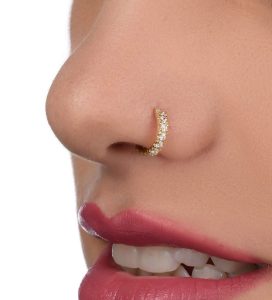





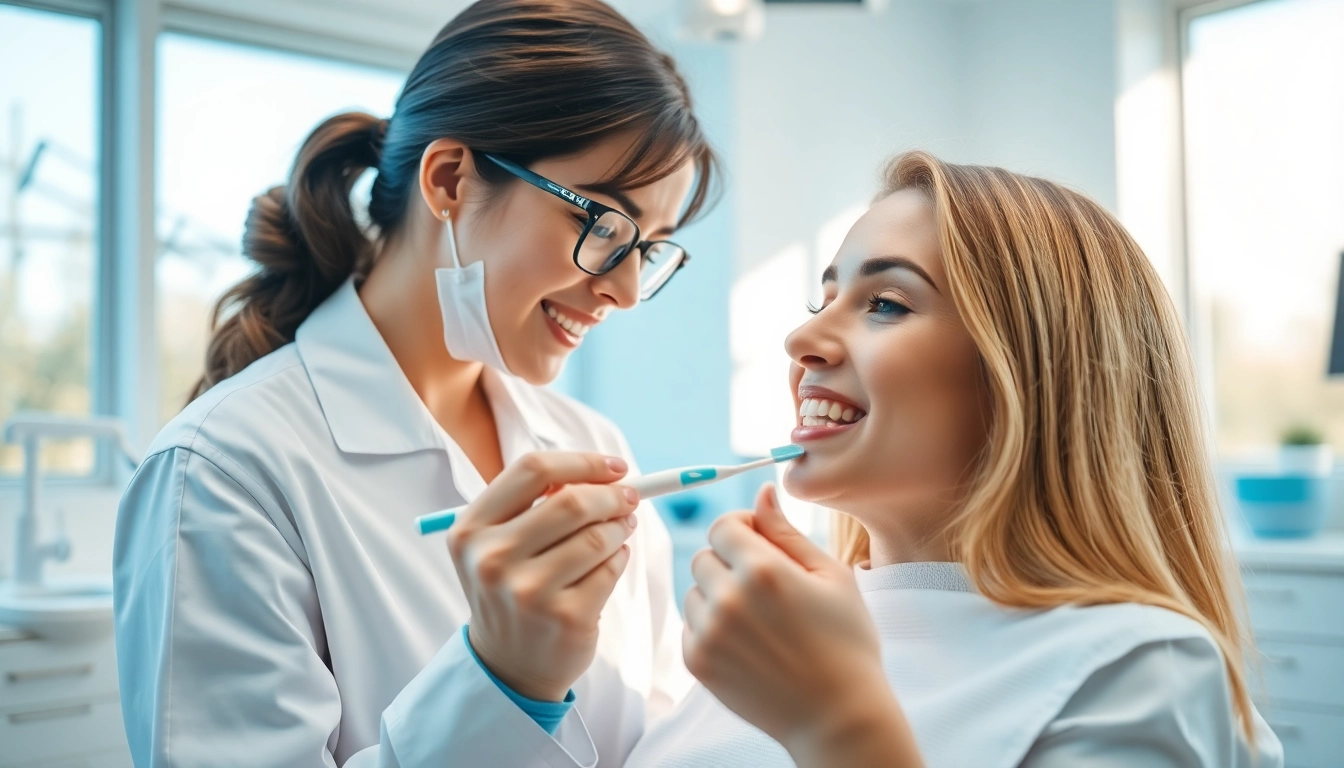

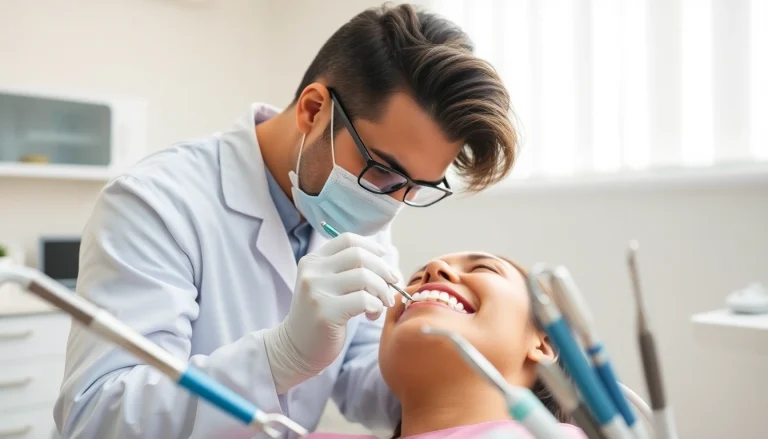





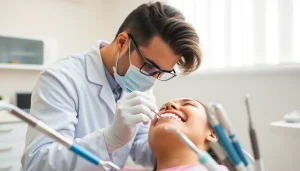
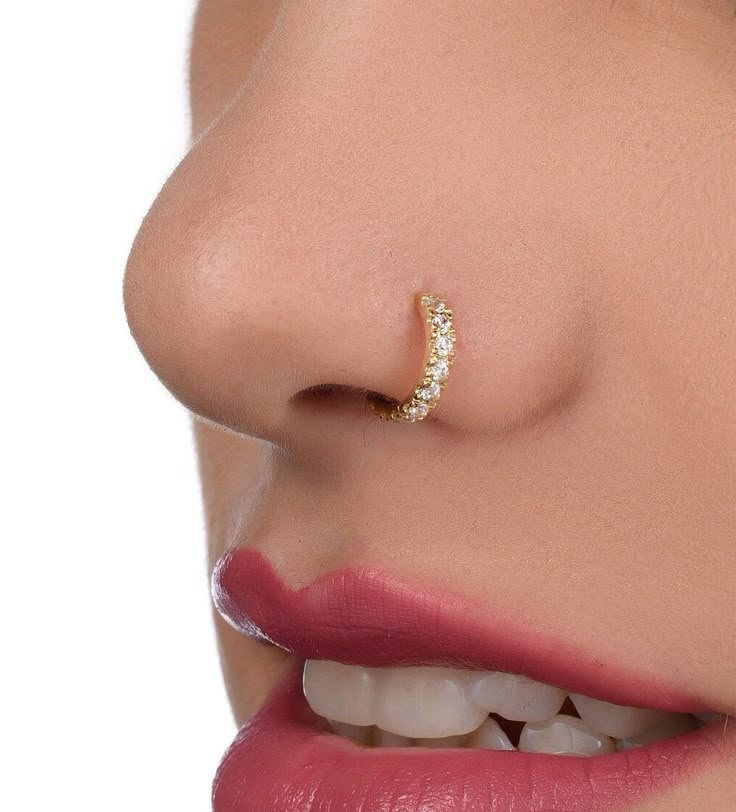




+ There are no comments
Add yours